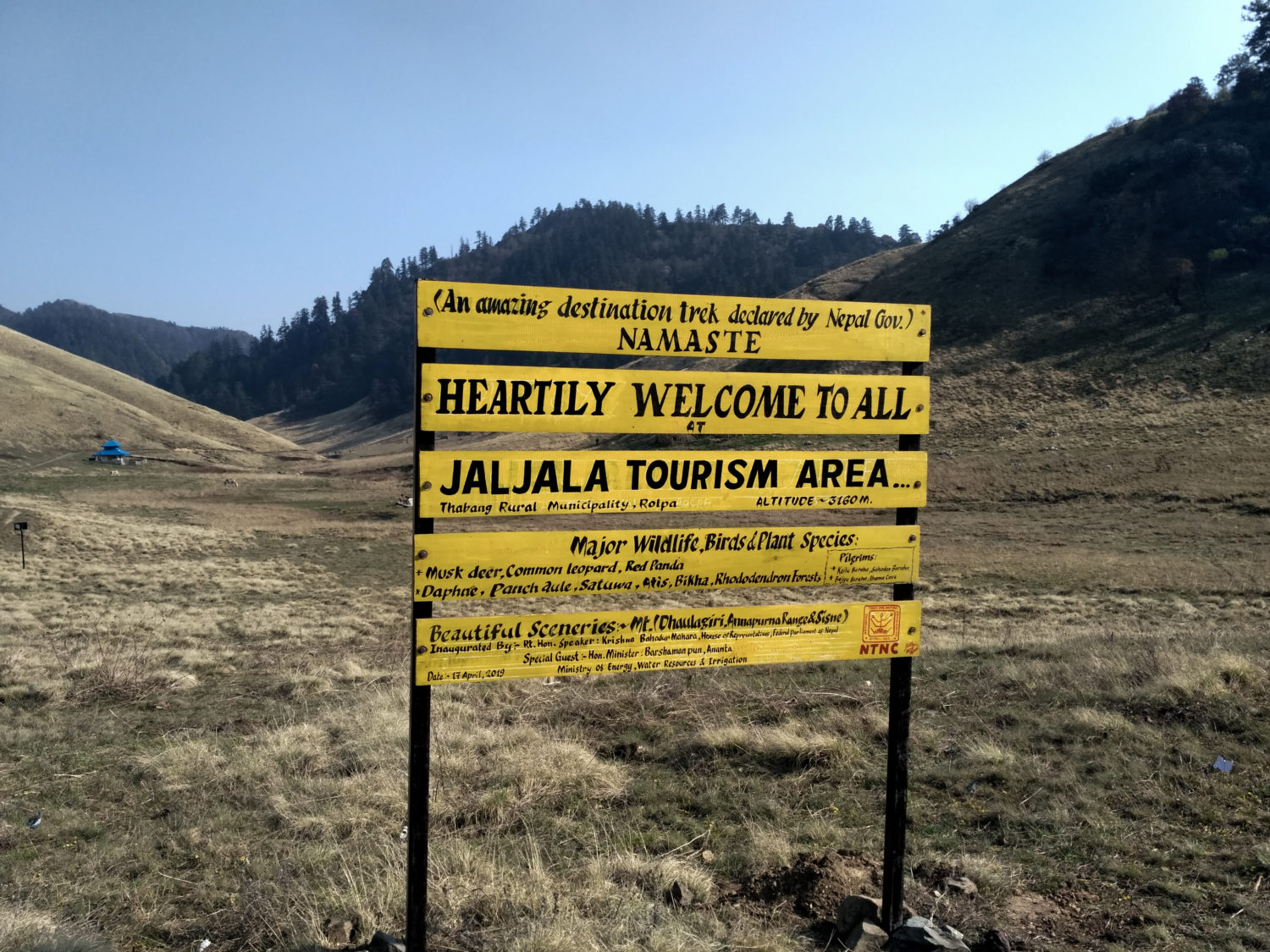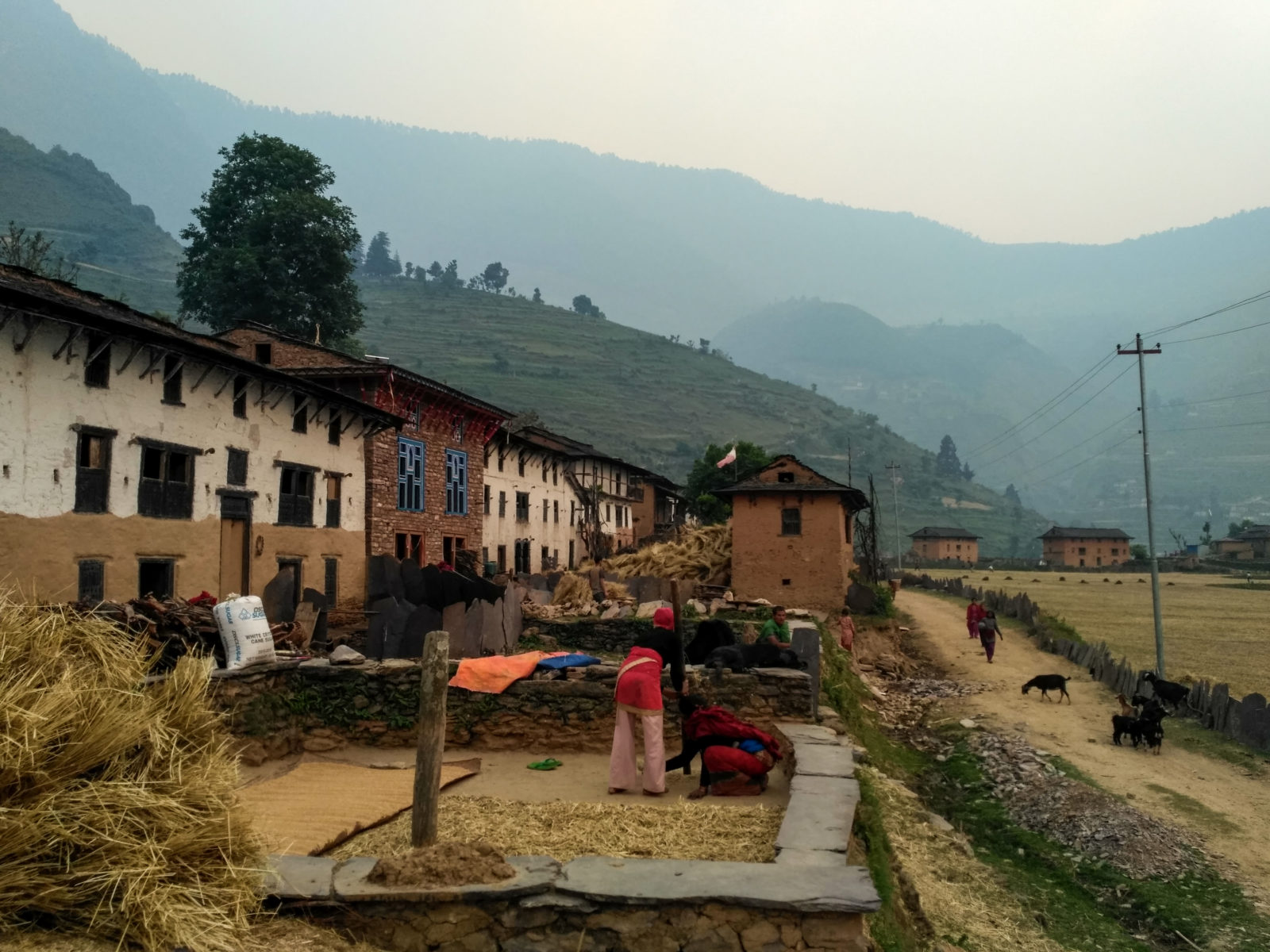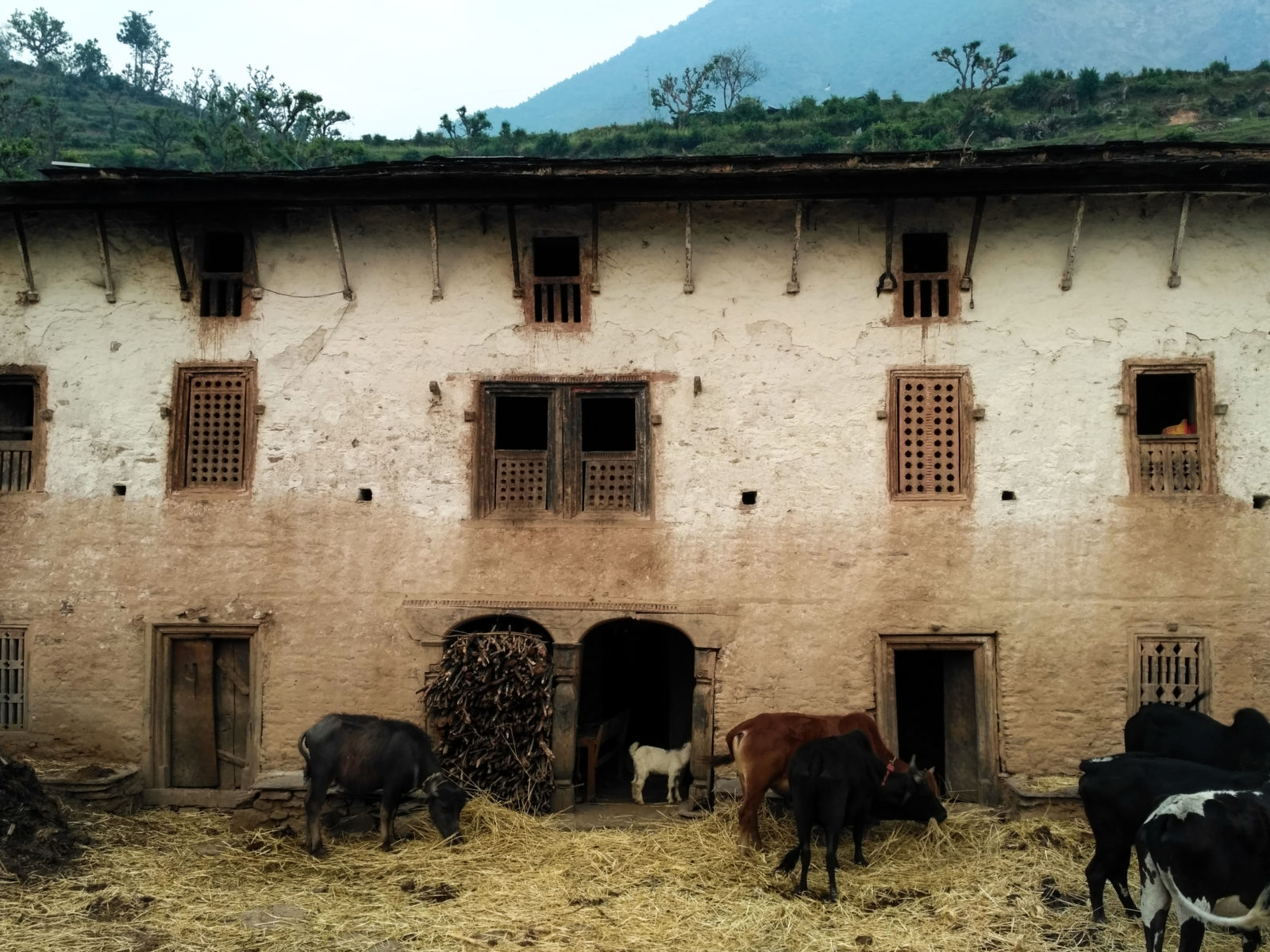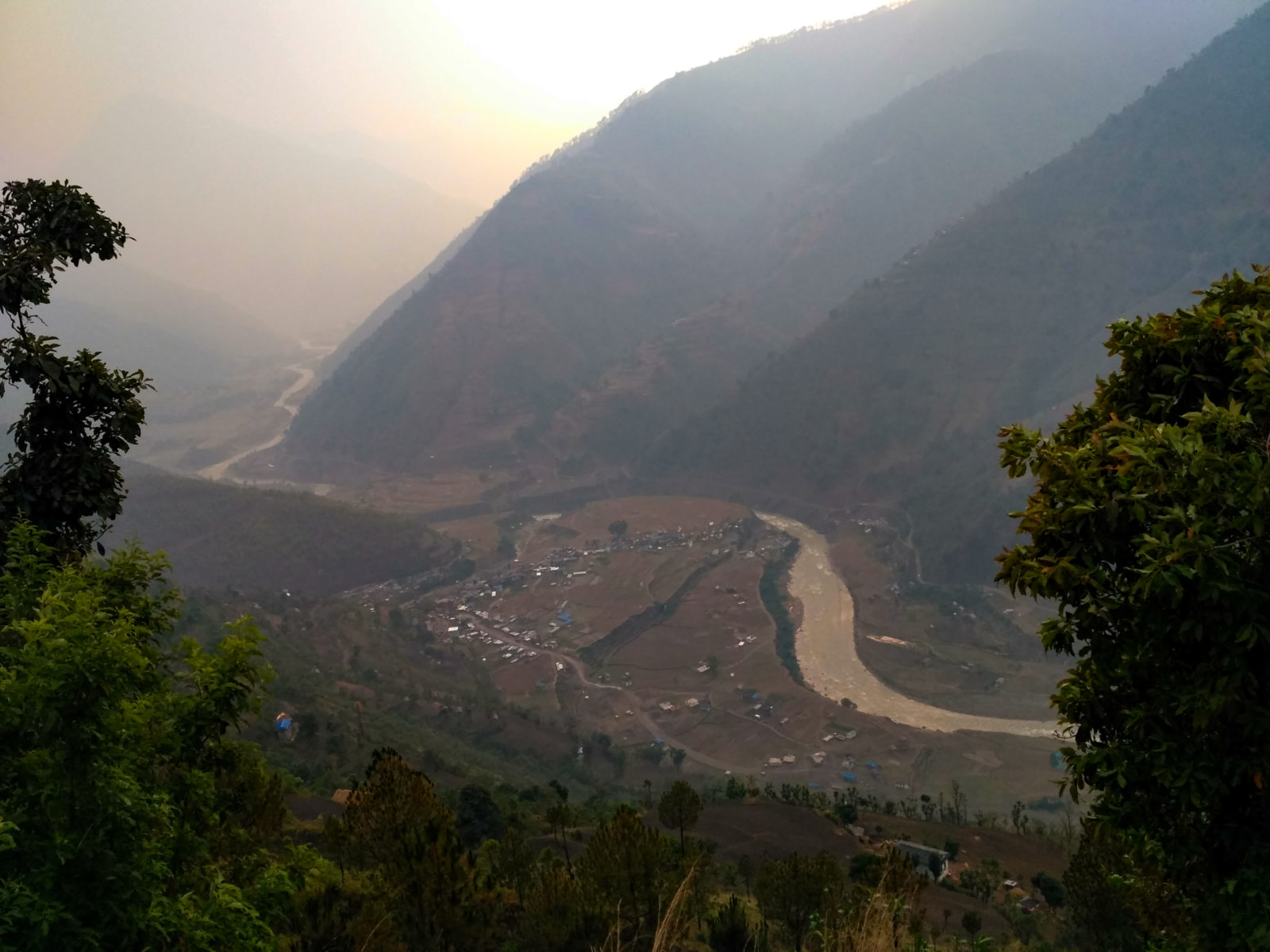
Photo Essays
3 MIN READ

Rolpa and Rukum 13 years after the war

The Maoist insurgency began with simultaneous attacks on three police posts on Feb 13, 1996, two of which were in Rolpa and Rukum. With the attacks began a decade long civil war that claimed close to 17,000 lives, and led to a political transformation that changed the course of Nepali history. The Maoists gained a stronghold on political power after the war. They have led three governments and, since their merger with the Communist Party of Nepal-Unified Marxist Leninist (UML) have formed the largest ruling party in Nepal to date.
In Rolpa and Rukum, the Maoists had some support— and a strong coercive network — which they used to establish parallel governments and state structures. The general consensus in political circles is that the war is over and Nepal has successfully transitioned into a federal democracy. But a splinter group, led by former Maoist youth leader Netra Bikram Chand ‘Biplab’, who hails from Rolpa, believes that the revolution is far from complete. He is now attempting to mobilize a new generation of youth in Rukum and Rolpa to fight for this cause under the banner of his Communist Party of Nepal (CPN).
13 years after the end of the war, we visit Rolpa and Rukum to see what life is like in what was, and continues to be, the Maoist heartland.















:::
We welcome your comments. Please write to us at letters@recordnepal.com
Nabin Bibhas Nabin Bibhas has worked as a journalist for a decade, and closely follows Nepal's politics. He is the author four collections of essays, poetry, and short stories. He tweets @NabinBibhas


Features
4 min read
The place that was formerly known as the "Maoist Mecca" is now a Biplab stronghold
Features
21 min read
Remembering the Royal Nepal Army’s actions in wartime
Features
5 min read
Determined to crush Maoist rebels instead of seeking a political solution, Oli is repeating the same mistakes Deuba made in the 90s which resulted in a decade-long people’s war
Features
11 min read
They appear weak, but the Maoists aligned with 'Biplab' haven't given up
Photo Essays
4 min read
The coronavirus pandemic brought a faint hope for some that their family members who disappeared during the People’s War might finally return
Books
4 min read
In her autobiography, Hisila Yami provides a complex narrative that blends her personal narratives with contemporary political happenings.
Features
9 min read
In order to deliver justice to victims and their families, the international community must hold all conflict-era rights violators accountable and incorporate victims’ inputs when designing the country’s human rights agenda